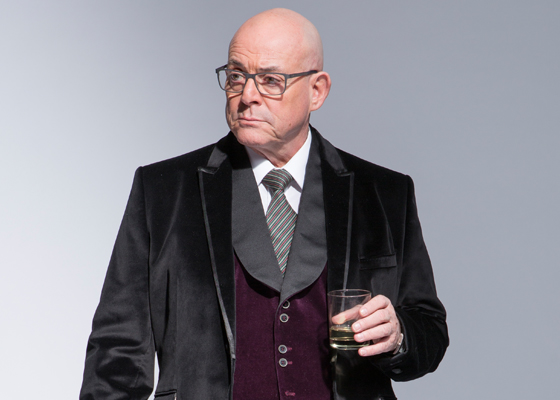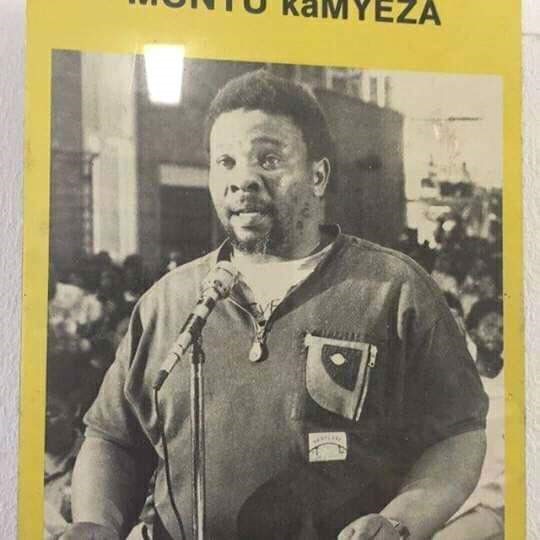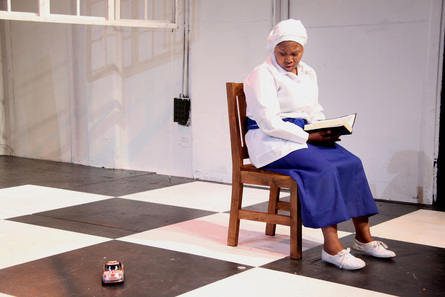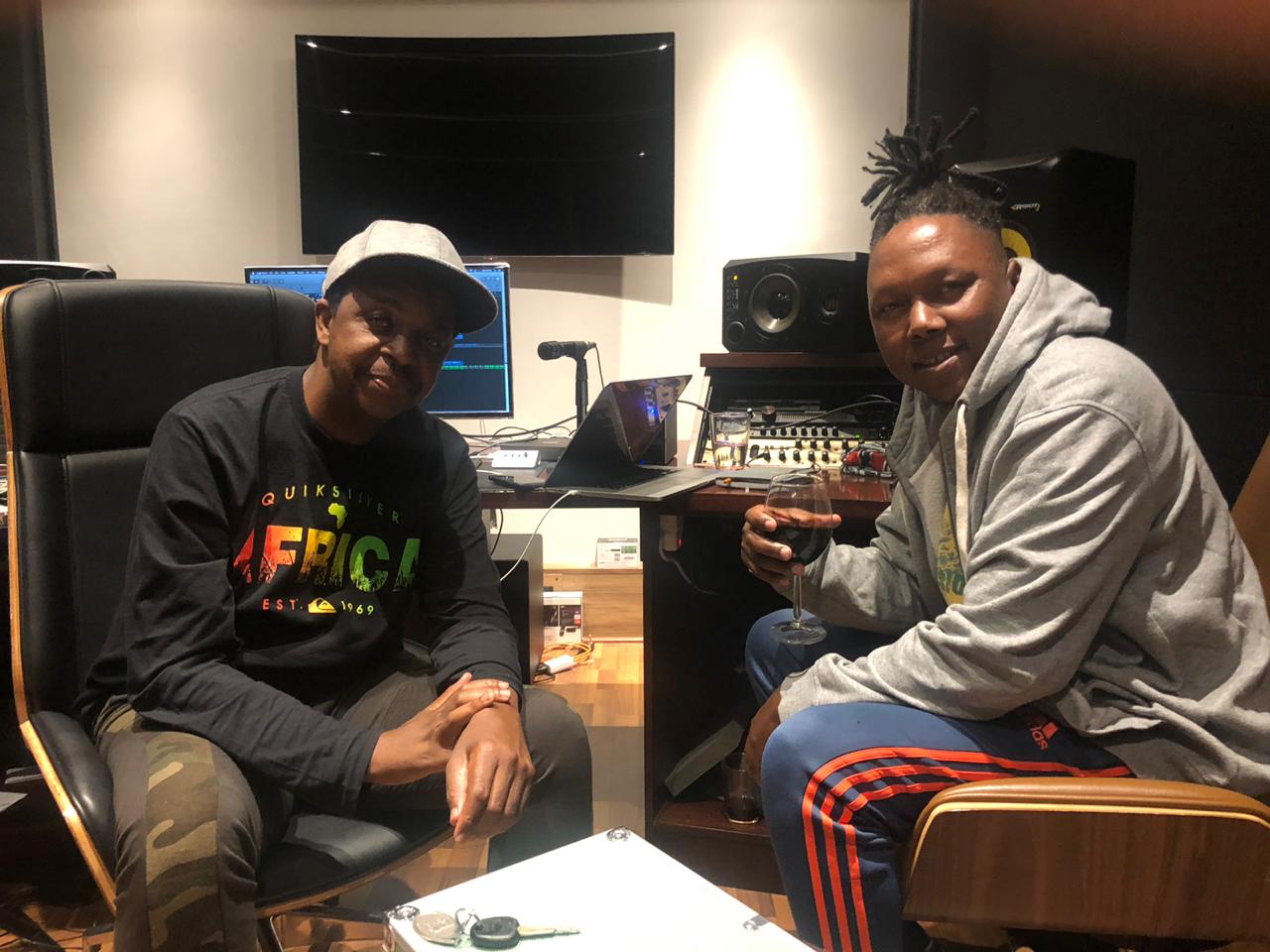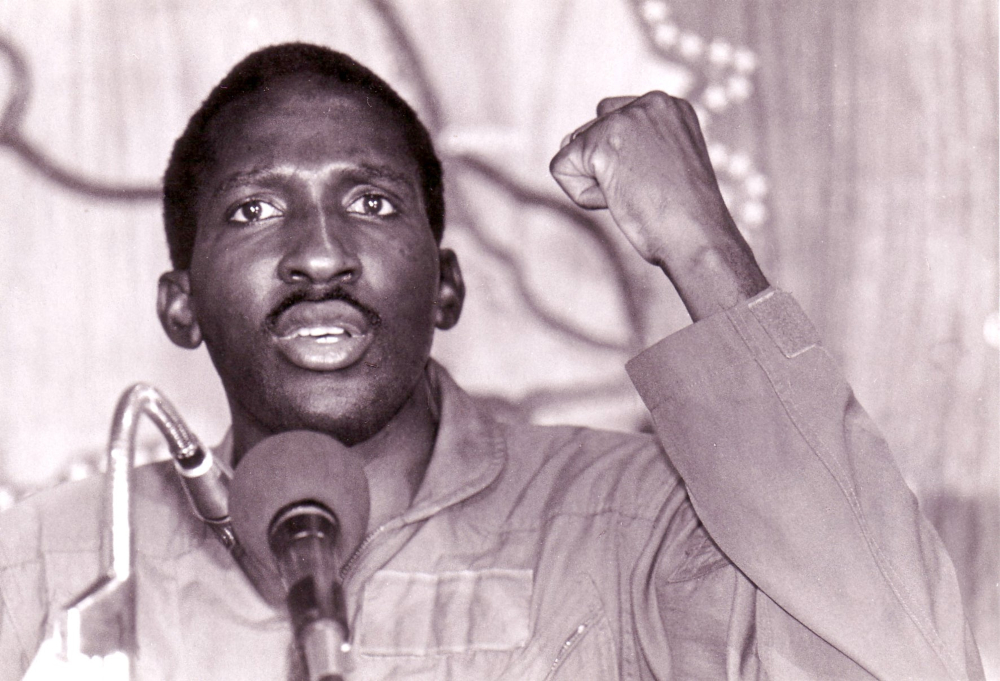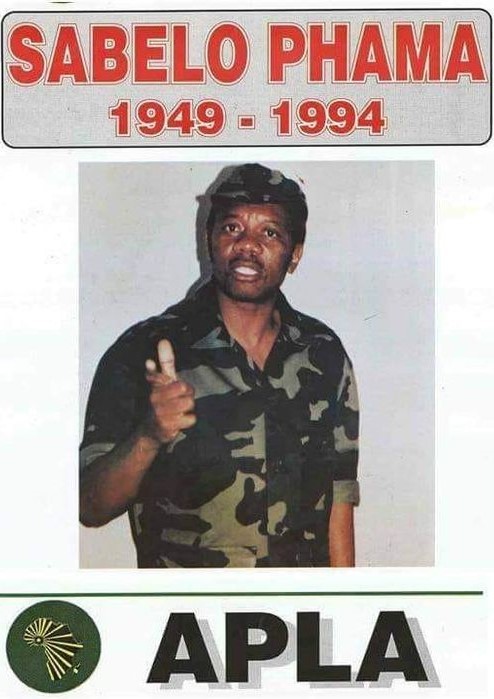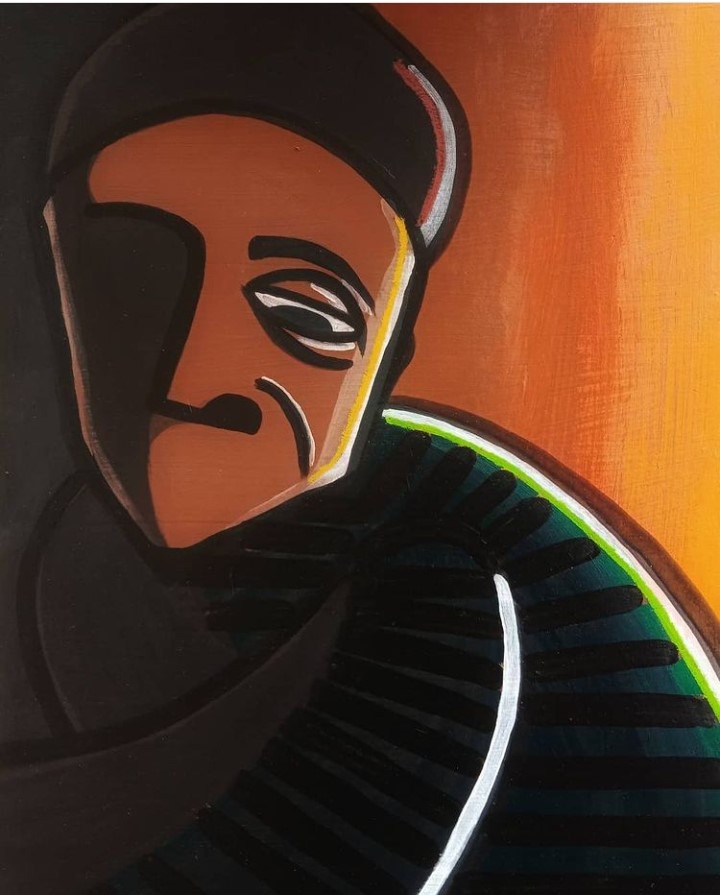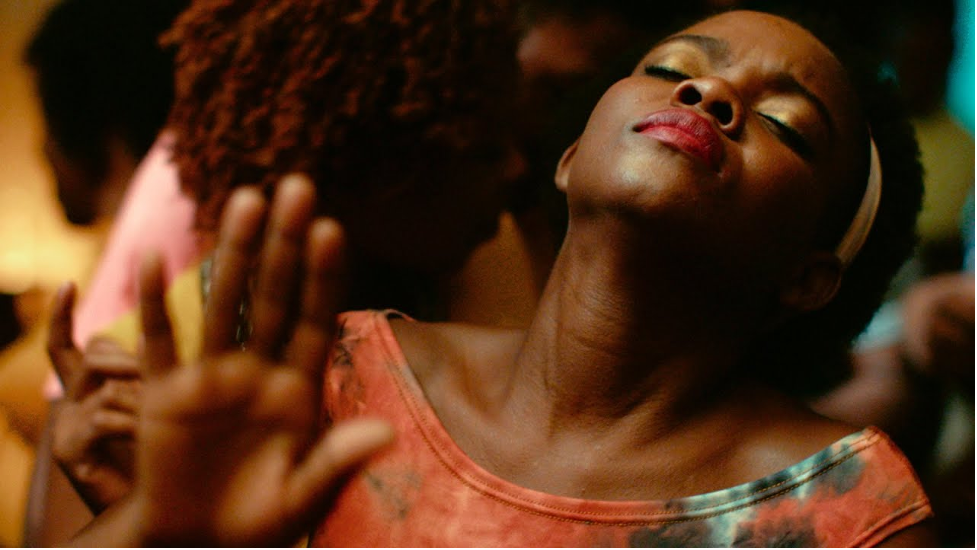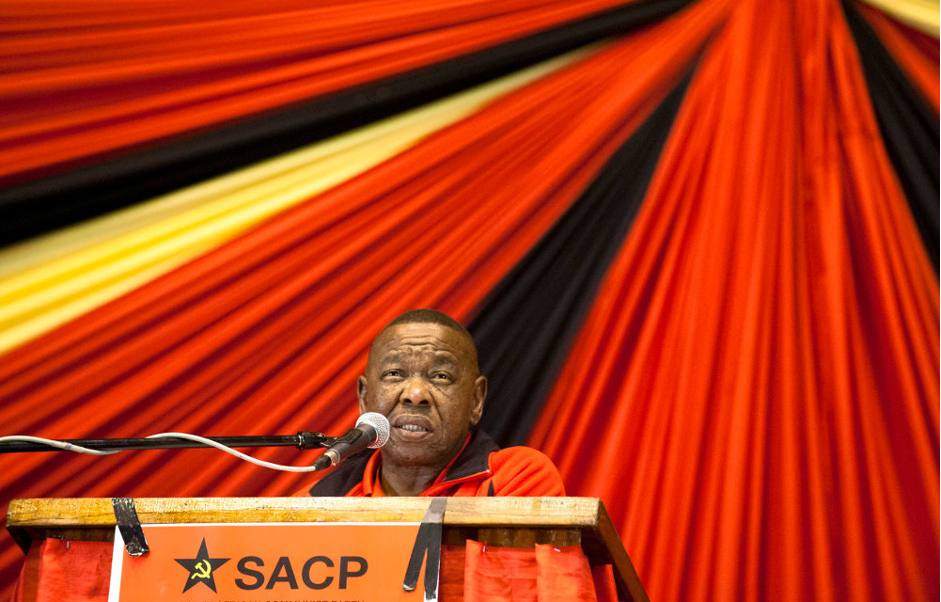If you're a Black person, this reflection is not intended to help you make up your mind about who to vote for in the forthcoming May general elections. On the contrary, it might just leave you with more questions about the very value of voting. So my humble apologies if you had a different expectation.
Those of you, who like me, have never experienced the taste of alcoholic drinks or have taken a decision to part ways with this experience, will know the kind of interrogation you are sometimes subjected to when you are in the company of people who consume alcoholic drinks and you don’t.
As the day or night matures (depending on which one comes first) and they notice you’re consistently consuming water or fruit juice-they begin to give you that very suspicious look. Almost as if they are asking themselves: what is wrong with this one? If you’re not made of sterner stuff, you might end up really believing that there is indeed something wrong with you, when as a matter of personal preference, you do not consume alcoholic drinks. I suspect this is the same feeling (or close) that has engulfed those of you who have dared to openly question the value of voting in South AfriKKKa’s forthcoming general election (something that is akin to blasphemy in the eyes of some).
Even though I have serious misgivings about western conceptions of political organisation of society and the South AfriKKKan constitution, I will nevertheless use them in this reflection for illustrative purposes only. I must also state from the outset that I will be approaching this question of voting with my eternal question at the back of my head: what does all this mean for my race (Black people)?
As some of you know, it is election season in South AfriKKKa and as usual, the political parties contesting in this year’s election, will do whatever they can to secure the votes of as many people as possible. Some of the things that get said (by political party supporters and campaigners) to get people to vote for their parties are things like “If you choose not to vote, you’re automatically forfeiting your right to complain”, “by choosing not to vote, you’re not helping solve the very problems you often complain about” or perhaps the most bizarre, “by choosing not to vote, you’re undermining democracy”. Really?
It is almost as if those who have chosen not to vote must be filled with so much guilt or fear that will hopefully get them to change their minds. These and similar attempts at political persuasion, are based on a number of deeply parochial, problematic and horribly false assumptions. Some of these assumptions are:
- When people choose not to vote, such a decision or choice is not based on any rational reflection or reasons. Who has tested this and how?
- When people choose to vote, such a decision or choice is based on rational reflection and reasons. Who has tested this and how?
- In South AfriKKKa (a constitutional democracy to some), citizens earn their right to “complain” or express a political opinion through voting and forfeit this right by not voting. This is just plain balderdash!
- All the day-to-day problems that citizens encounter can only be solved through the facility of the state. There are thousands of community-driven initiatives wherein communities are solving their own problems with minimal or no state involvement;
- Elections or political parties (as conceived by the western mind), are the only legitimate forms of political expression. This is probably the biggest falsehood of our time and perhaps more a reflection of the chronic problem of lack of imagination on the part of ‘Black-led’ mainstream political movements in South AfriKKKa;
- The various offerings by political parties (as articulated in their manifestos) speak to the basic aspirations of each and every citizen. This is of course false, and
- All citizens accept or embrace the post 1994 political order. This is another horribly false assumption.
The overarching factor that seems to be fuelling these bizarre assumptions and related assertions, is the intellectually-lethargic-hegemonic post 1994 political culture that frowns upon meaningful and rational engagement with the citizenry.
A political culture that prefers the type of mind-numbing-razzle-dazzle this is characterised by freebies, free music concerts and the dizzying atmosphere that is dominated by gigantic speakers that are unkind to the ear. Abstaining from voting is an inherent principle and practice in western forms of democracy (of which South AfriKKKa is one). As a country that has adopted a western form of democracy, why do some party supporters or campaigners regard it as “anti-democratic” when some citizens choose to abstain from an election?
Don’t they know that abstaining from an election is NOT unconstitutional, illegal or a criminal offence in South AfriKKKa? Do you want to tell me they don’t know that the Bill of Rights of the South AfriKKKan constitution protects the right of every citizen to “free political choices”, which includes the right to “campaign for a political party or cause”?
If those who have chosen to vote wish to persuade others to do the same, but they don’t know this, how then do they hope to persuade others, from an informed basis? Just to illustrate the absurdity of criminalising the act of abstaining from voting, if you’re a follower of proceedings in the South AfriKKKan parliament, you will notice that political parties regularly abstain from voting on a number of important national issues and their right to abstain from voting is never questioned.
Why then does it become blasphemous when individual citizens (especially Black people), exercise their constitutionally-guaranteed right to abstain from voting in an election? But also, abstaining from voting is an old and global phenomenon in many of those countries that have adopted the western form of democracy. Therefore, South AfriKKKan citizens who take individual decisions to abstain from elections are therefore not an aberration or anomaly. In fact, there is sufficient data that shows that, on the contrary, South AfriKKKa, has an over 20-year old culture of citizens abstaining from elections.
A survey report of the South African Institute of Race Relations (SAIRR), published in 2014, states that “the proportion of South Africans who did not vote in national and provincial elections increased from 14% in 1994 to 35% in 2009.” And that according to the Independent Electoral Commission, in 1994, “86% of eligible voters voted in the national and provincial election, however this number had fallen to under 70% by 2009.
The report further says "this meant that in 2009, fewer South Africans voted for the ruling party than did not vote at all. It seems that this is set to continue, as an opinion poll carried out in July 2013 predicted that almost 25% of South Africans do not intend to vote when the country goes to the polls.” It is also important to note that, of the 25.4 million of registered voters in 2014, only 18.6 million voted. A staggering 6.8 million didn’t vote. Then if you look at the latest (as of 28 January, 2019), voter registration statistics provided by the Independent Electoral Commission, the total number of registered voters is at 26,236,866.
This is an increase from aforementioned 25.4 million of the 2014 elections. For the 2019 elections, females account for the majority of registered voters at 14,442,626 and males are at 11,794,240. For both males and females, the age cohort with the highest number is the age 30-39. Females are at 3,499,748 and males at 3,116,163.
In reaction to the latest IEC statistics on voter registration, an organisation called SA Citizen Surveys (SACS) made their own deductions from the IEC statistics. This is what they found:
- A huge number of eligible young people will not be voting this year. At least 11.2 million South Africans will not vote in May 2019. Of the 11.2 million unregistered voters, the majority are youth between 19 and 34 years of age;
- When looking at those unregistered voters, accounting for 11.2 million South Africans, in more detail, 40% or 4.5 million of them say they do not intend to register to vote. Worryingly, a significant proportion of these people are young South Africans, with about one-third aged between 18 and 24 years, and one-third aged between 25 and 34 years;
- Lower income groups and youth are increasingly becoming apathetic towards SA politics. Apathy is on the rise when it comes to the elections especially amongst lower income groups and youth groups; and
- The highest proportion of 4.5 million are from the lower income groups [63%] with 48% residing in the major metropolitan areas. In Gauteng, 30% of people did not intend to register citing voting challenges such as providing proof of address, getting time off work, or getting to the registration venue.
From the aforementioned, it is clear (hopefully) that the political behaviour, personality or aspirations of individual citizens cannot be fully comprehended through the episodic act of voting, every five years. And hope to do so outside the deep, complex historical, social, economic and political factors that inform the lived-reality of individual citizens and consequently, their political beliefs, views, behaviour, expression or preferences.
Besides, as a rule, elections that are held within the philosophical framework of the western world-view, don’t ordinarily concern themselves with the deeper questions of the Black being. Therefore, if you put all the election research data aside, there are much deeper Black issues that the 1994 and subsequent general elections failed to resolve or at least catapult to the centre of national political discourse.
So, instead of trying to make some Black people feel guilty or scare them into voting, those who are genuinely interested in a substantive change in the Black condition-should rather be interested in wrestling with much more fundamental questions: one being, why would so many of our people (a great number of them young people), since 1994, prefer to abstain from a process that is supposed to determine who will lead the country in which they live? So, if this is the understanding, then it is possible that, those Black people who have dared to question the value of voting, may be (knowingly or unknowingly) asking a much deeper set questions that are immeasurably bigger than political parties and the event of elections.
Perhaps they are not merely questioning the value of voting as a matter of personal choice or curiosity, but they are doing so because they are restless and haunted by the indifference that we as the Black world have shown to what happened to our own such as Andries Tatane, Nqobile Nzuza, Jan Rivombo, Mike Tshele, Osiah Rahube, Lerato Seema, Mgcineni Noki and our other Black Sisters and Brothers who died at Marikana and Life Esidimeni.
Perhaps they are questioning the value of voting because they are restless and haunted by what happened to the young Black children who died in pit toilets at schools, Victor Mlotshwa who was forced into a coffin while alive (by whites) and the brutal murder of 16 year-old Matlhomola Mosweu (by whites) for allegedly stealing sunflower.
Perhaps their questions are fuelled by the legitimate rage they still feel for the savage attack on the Sono family (by whites), in Tshwane or the monumental paradox of Black students who fought for free-decolonised education but today they are facing criminal prosecution, for simply calling for an education that is a reflective of who we are as a people.
So, perhaps the discomfort that some of us feel does not really come from the fact that there are some among us who have dared to question the value of voting, but rather from the realisation that, deep down inside, manner of us (Black people), have been privately wrestling with the same question, but didn’t have the guts to pose it openly. In essence, the problem is perhaps not those who dare to question openly, but rather those of us who are afraid to question, let alone doing so openly.
Sources:



